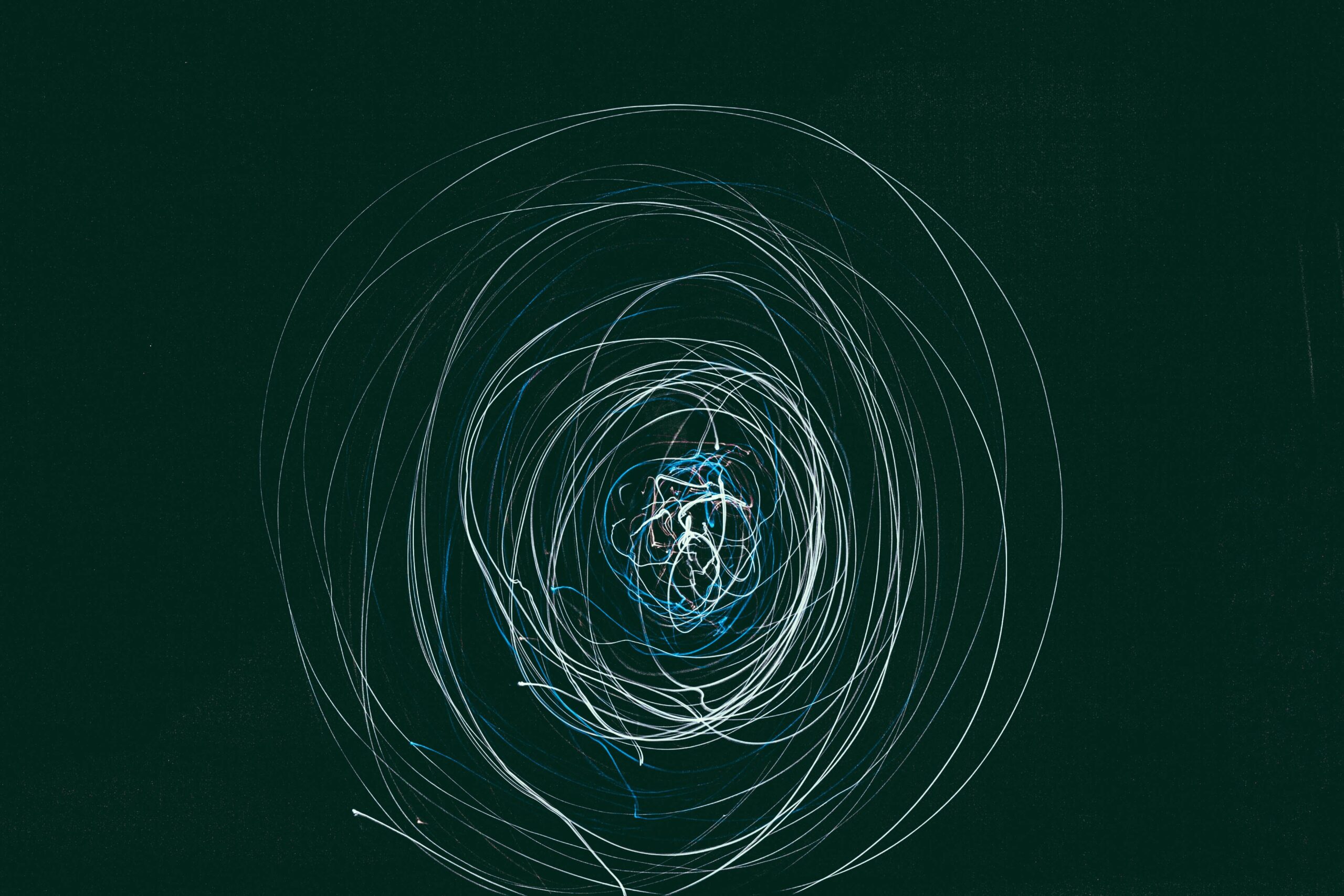
To alleviate the workload of judges and enhance the efficiency of trials, the Judicial Yuan (Taiwan’s judicial authority) has commissioned Chunghwa Telecom to develop an automated system for generating judgements. It is hoped that this system will help save a significant amount of judges’ time that would usually be spent on writing judgments.
The system is primarily aimed at utilizing AI technology within the Judicial Yuan for sentencing and judgment drafting. The system uses the TMT5 language model, with 25 years of judgment data from 1996 to 2021 provided as an input for neural network learning. After a period of adjustment and repeated examination by multiple judges, the Judicial Yuan has officially declared the system’s successful development. The system will undergo practical trial in the courts before being fully implemented.
In the future, the judgment writing system will include an “auto-generate” option. By selecting this option, users can specify factors such as “guilty/not guilty,” “confession/denial,” “applicable legal articles,” “whether the facts of the crime are cited in the indictment,” and “whether the judgment includes procedural or substantive legal articles.” After submission, the system will produce a complete draft judgment including the operative part, sentencing, facts, reasoning, and legal articles.
It is crucial to note that the judgments generated by the system will serve as a “draft” that judges can refer to. In other words, judges will still need to determine the facts of the crime, how to apply the law, and the sentencing, as these decisions remain in the hands of the judges. The AI system generates a “draft judgment” based on the analysis of past judgment data, and it is up to the judge to decide whether to adopt the content of this draft judgment as the final judgment or to make additional modifications.
The Judicial Yuan initially decided to pilot a new judgment generation system in various courts in September 2023. The automated judgment generation was limited to two specific types of crimes: “driving under the influence (DUI)” and “assisting fraud.” These two categories were chosen because they involve relatively simple case facts and consist of a single charge. However, the Judicial Yuan’s policy of implementing an AI-generated judgment system has faced some criticism. Some legislators are concerned that this system might become a “guilty judgement generator,” where the determination of guilt is mechanically generated by the system. In response, the Judicial Yuan has explained that the AI system only generates a draft judgment, and the determination of facts and the final decision are still made by judges, so there will not be a system where guilt can be mechanically decided. Additionally, the public has also expressed concerns about the AI-generated judgment system. Some people believe that many of the previous judgments were erroneous, and using these judgments to train the AI system could lead to the generation of improper results by the system as well.
In response to the public’s concerns and criticisms, the Judicial Yuan has decided to postpone the trial period to November 2023 and narrow down the scope of testing. The testing will only take place at the Shilin District Court and the Tainan District Court, and it will be limited to cases related to DUI. According to statistical data, in 2020 and 2021, the prosecutions for DUI were 40,800 and 29,802, respectively, accounting for 21.4% and 17.9% of criminal cases in those years. DUI is a very common criminal offense in Taiwan, so if the AI-assisted draft judgments can be successfully implemented for those cases, it has the potential to significantly reduce the workload of judges.
As AI technology continues to advance rapidly, the Judicial Yuan is committed to integrating AI technology into the judicial system as an auxiliary tool for judges. There are plans to develop specific AI guidelines tailored to the judicial system to facilitate the smoother use of AI as an aid in judgment processes. Currently, the Judicial Yuan also anticipates further development in the automated judgment generation system to include cases related to drug offenses, civil traffic accident compensation, and debt settlement. However, since the system has not yet been practically applied to cases, it remains unknown whether the system developed based on previous judgments will solidify underlying biases or enhance legal certainty and consistency. These developments are indeed worth ongoing attention and scrutiny.
If you have any questions or require additional information on this subject, please contact Gary Kuo at gkuo@winklerpartners.com.
Written November 1, 2023 By Gary Kuo, Shih-lan Huang.

